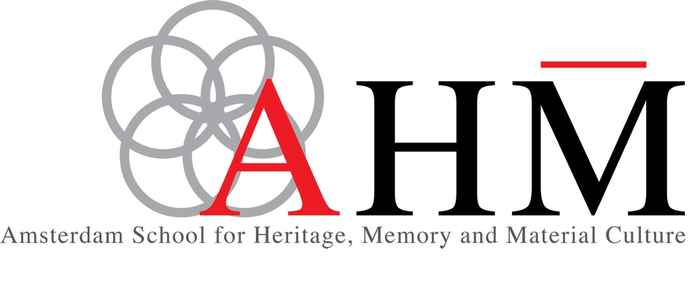PhD Defense: Vittoria Caradonna
- Date
- 17 March 2023
- Time
- 11:00
- Location
- Aula - Lutherse kerk

This study examines how cultural memory can function as a tool to ground the identities of individuals and groups that are ‘embodied in difference’, in order to appear homogenous enough to be deemed stable interlocutors within mainstream politics. Its expansive goal is to interrogate the politics behind the construction of a normative imaginary – and subject – of belonging as the standard against which to measure the potential for being folded into a promise of permanent inclusion.
The emergence of this complex politics of recognition can be traced back to the advertised ‘failure’ of the multicultural project in the 2000s. However, it is the second half of the 2010s – the period going roughly from the ‘refugee crisis’ to the pandemic – to witness a growing intensity in how memory is staged as a resource and property. These years saw a hardening of Europe’s border regimes and the spreading of populist rallying cries against the influx of migrants. Concurrently, the heritagization of the ongoing ‘crisis’ moves in parallel with a new wave of knowledge production on the colonial past. What lies behind these synchronicities? Which are the intimacies between ways of governing the present and ways of commemorating the past?
This dissertation tracks the evolution of this function of memory across different sites in Amsterdam that are engaging with the afterlives of colonialism and slavery but also with the entrenched histories of postcolonial and contemporary migrations. In these locations – physical but also epistemological – the ‘unsafe’ belonging of old and new Others is construed and contested.
You can find UvA dissertations in the UvA-DARE database.
